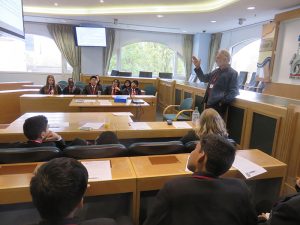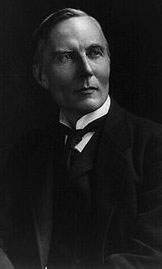
Developing a culture of children’s rights and participation linking new school projects and activities with the heroes of the past, teachers who changed our schools into active learning spaces, with nature, play, creativity, health, justice, enterprise and student voice. Linking your school’s citizenship work with that of teachers who were suffragettes and democratic campaigners working in schools, from 1914 onward.
New Ideals in Education is a social enterprise based in Tower Hamlets that trains teachers and children in active global citizenship using mini-conferences and sessions, at historical and community sites, with local and national history, and participative, co-operative learning using the voices of the child. This is embedded within the framework of the history of teachers developing, sharing and promoting practice based on the rights of the child.
This work is based on over seven years of working with over thirty primary schools and twelve secondary schools in Tower Hamlets, developing activities in partnership with the Jewish Museum, Tower Hamlets City Learning Centre, Tower Hamlets Co-operative Development Agency, Healthy Schools, Uganda Co-operative Alliance, East Of England Co-op, Tower Hamlets Council and School Library Services, Summerhill School.
New Ideals in Education 1914
Centenary of Teenagers’ Right to Schooling
In celebration of the community of educationalists, teachers, artists, inspectors, politicians, prison workers, adult education workers, doctors, professors and children who created, looked for, shared and promoted schools based on ‘liberating the child’. They met in July 1914 at East Runton as the Montessori Conference, and then onward met every year as New Ideals in Education.
At every conference they stated their values, written by Percy Nunn, first director of the Institute of Education, and gave a brief history of the community. These were restated at the beginning of the comprehensive conference reports, with full lists of all the delegates. Their presenters created or worked in schools that practiced ‘liberating the child’. They searched for such practice, and from the third conference onwards added, ‘Experiment Days’, to share the results. They published these working case studies as pamphlets sent free to all schools and teachers. They influenced practice at the chalk face, they influenced the new education laws, and they influenced the training of teachers.

This website and the linked events and publications aim to honour this history and build on their much forgotten and marginalised work. When everything they saw as the threat to children’s health and freedom is now dominating the education debate and world – inspections, exams and measuring, national curriculum, authority based schools and classrooms, and parent consumerism – we need their voices and their practice more than ever.
New Ideals and the 1918 Education Act.
Creating a culture and history of children’s rights in schools
1918 H.A.L. Fisher Education Act

“We are to-day losing much that is bests – best in age, best in physique, best in moral qualities—of our manhood; and all that we can do, since we can never replace those lives, is to endeavour to improve the value of what is left to us. We hope in some measure to do that by this Bill. I may speak of it as a part of the payment of our colossal national war debt, an attempt to create a new source of national wealth in a race of men and women sturdier in physique, richer in intellectual accomplishments, more efficient in technical skill, stronger, wiser, and happier than those who have preceded them. That is one of the reasons for the introduction of this Bill at the present time.”
Earl Lytton, 2nd Reading, 23rd July 1918, Hansard
Let’s celebrate their dream of what our schools could be like if we liberate the child.
Download our flyer on New Ideals and the 1918 Education Act here.